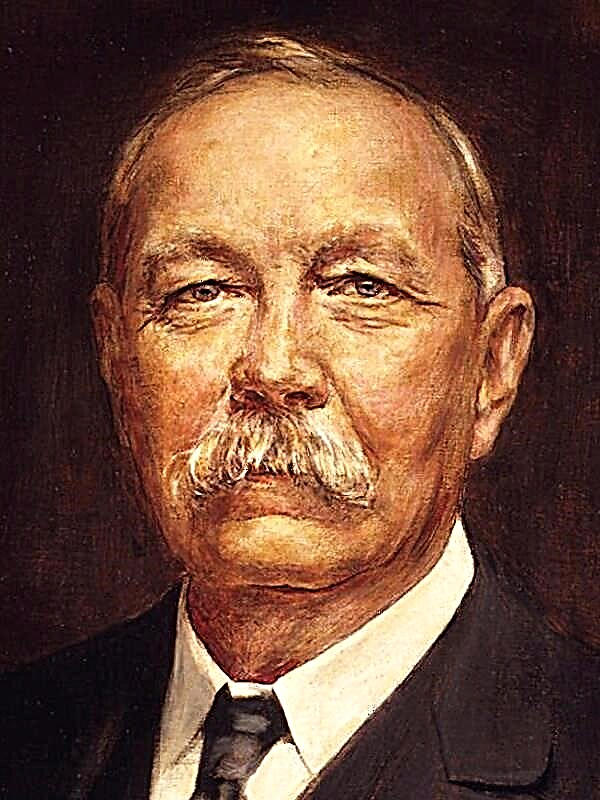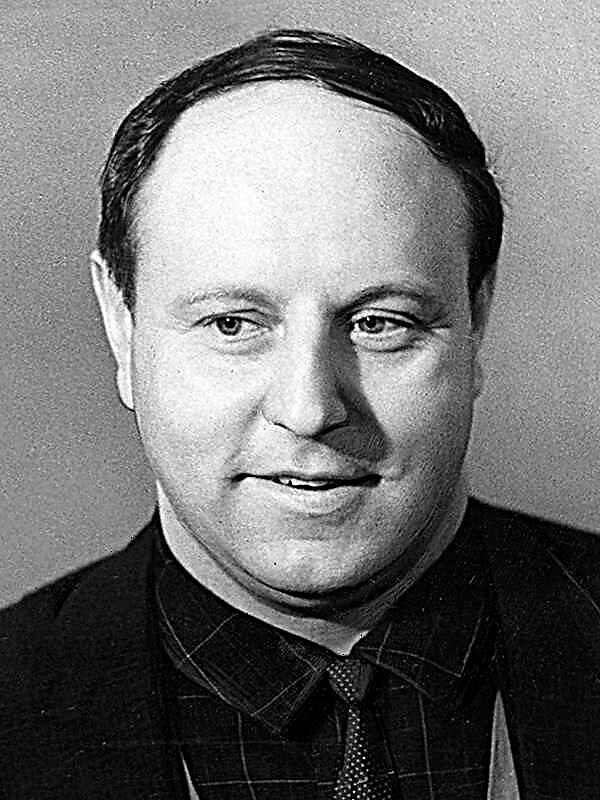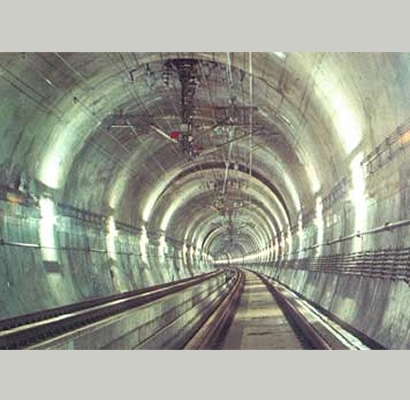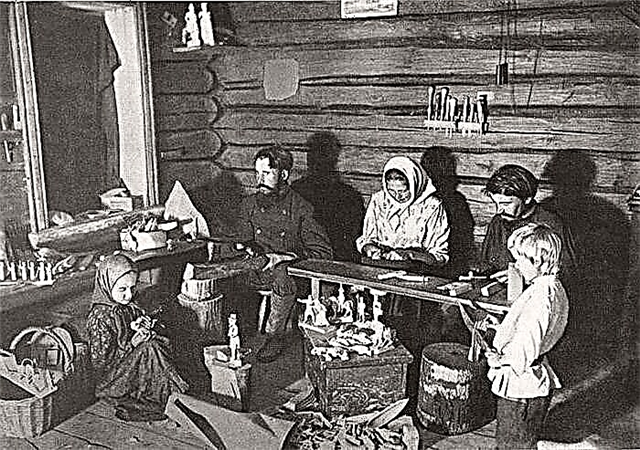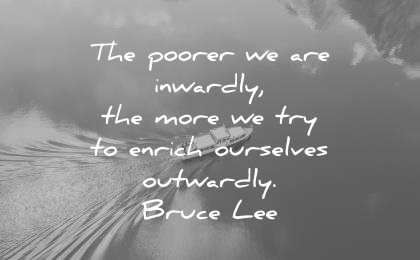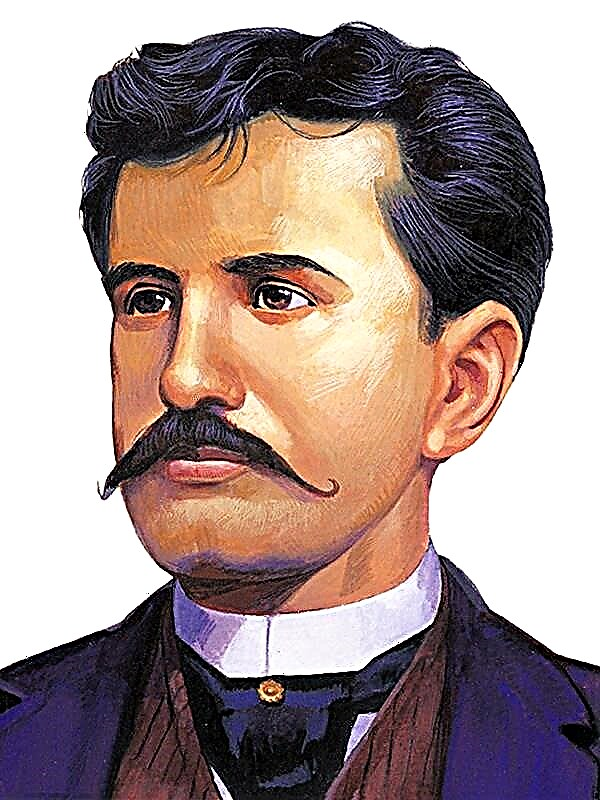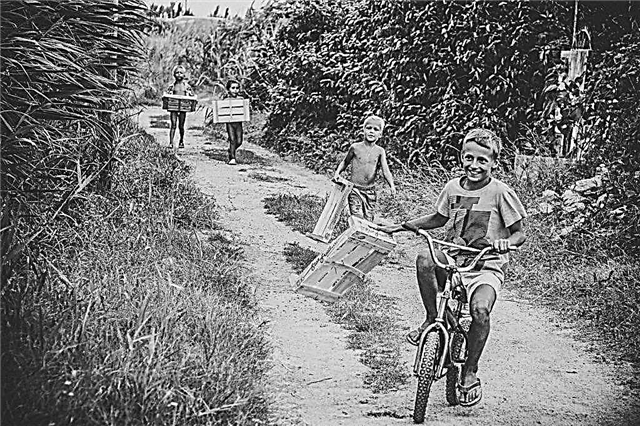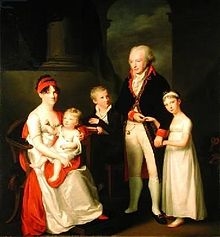“Almost all of this actually happened.” This phrase begins the novel, which, as appears from the author's warning, “is partly written in a slightly telegraph-schizophrenic style, as they write on the planet Tralfamador, from where flying saucers come from.” The protagonist of the book, Billy Pilgrim, according to the narrator, “disconnected from time”, and now various oddities are happening with him.
“Billy went to bed as an elderly widower, and woke up on his wedding day. He entered the door in 1955, and left in 1941. Then he returned through the same door and found himself in 1961. He says that he saw his birth and his death and many times fell into other events of his life between birth and death. "
Billy Pilgrim was born in the fictional city of Ilium, and in the same year, when the author himself was born. Like the last, Billy fought in Europe, was captured by the Germans and suffered the bombing of Dresden when more than one hundred and thirty thousand civilians died. He returned to America and, unlike his creator, he entered the courses of optometrists, became engaged to the daughter of their owner. He suffers from a nervous breakdown, but he is quickly cured. His business is going well. In 1968, he flies to the International Congress of Optometrists, but the plane crashes, and everyone except him dies.
After lying in the hospital, he returns to his native Iliom, and at first everything goes as usual. But then he appears on television and talks about the fact that in 1967 he visited the planet Tralfamador, where he was delivered by a flying saucer. There, he was allegedly shown naked to local residents, placed in a zoo, and then mated with former Hollywood movie star Montana Wildback, also abducted from Earth.
The Tralfamadors are convinced that all living things and plants in the universe of the machine. They do not understand why earthlings are so offended when they are called machines. The Tralfamadors, on the other hand, are very pleased with their machine status: no unrest, no suffering. Mechanisms are not tormented by questions about how the world works. According to the scientific point of view adopted on this planet, the world must be accepted as it is. “This is the structure of the moment,” the Tralfamadors answer to all “why” Billy.
Tralfamador is a triumph of scientific knowledge. Its inhabitants have long guessed all the mysteries of the universe. They know how and when it will die. The Tralfamadors themselves will blow it up, testing the new fuel for their saucers, "when the right moment structure is created." But the upcoming cataclysms do not spoil the mood of the Tralfamadors, guided by the principle of "ignore the bad and focus on good moments." Billy, in general, himself always lived according to the Tralfamador rules. He did not care about Vietnam, where his son Robert is functioning properly. As part of the "green berets" this "shooting machine" puts things in order according to the order. Billy forgot about the Dresden apocalypse. Until he flew to Tralfamador after the same plane crash. But now he constantly runs between the Earth and Tralfamador. From the matrimonial bedroom he enters the prisoners of war hut, and from Germany in 1944 to America 1967, to the luxurious Cadillac, which takes him through the Negro ghetto, where more recently the National Guard tanks enlightened the local population, who tried to “pump up their rights ". And Willy is in a hurry for lunch at the Lviv Club, where a major will be demanding increased bombing with foam at his mouth. But not Dresden, but Vietnam. Billy, as chairman, listens with interest to the speech, and the major’s arguments do not cause him to object.
In Pilgrim's wanderings, randomness is only apparent. Its route is verified by exact logic. Dresden 1945, Tralfamador and the United States of the late sixties - three planets in one galaxy, and they rotate in their orbits, obeying the law of "expediency", where the goals always justify the means, and the more a person resembles a car, the better for him and for machine -human society.
In the Dresden fragment, it is no coincidence that two deaths collide - a huge German city and one American prisoner of war. Dresden will die as a result of a carefully planned operation, where "technology is everything." American Edgar Darby, who taught a course on the problems of modern civilization at the university before the war, will be killed according to instructions. Digging up the rubble after an allied air raid, he will take a kettle. This will not go unnoticed by the German escorts, he will be accused of looting and executed. The letter of instruction will triumph twice, a crime will be committed twice. These events, for all their diversity, are interconnected, because they are generated by the logic of machine pragmatism, when not people are taken into account, but faceless person-units.
Disconnected from time, Billy Pilgrim at the same time gains the gift of memory. A historical memory that holds in consciousness the moments of the intersection of private existence with the fate of other people and the fate of civilization.
Having learned about the intention of the author-narrator to compose an “anti-war book”, one of the characters exclaims: “Why don't you compose an anti-glacial book”. He does not argue, "stopping the wars is as easy as stopping the glaciers," but everyone must fulfill his duty. To fulfill his duty, Vonnegut is actively helped by the science fiction writer Kilgore Trout, born of his imagination, whose digests from books are constantly found throughout the novel.
So, in the story “A Miracle Without Guts”, robots threw a jelly-like gasoline from planes to burn living things. “Their conscience was absent, and they were programmed so as not to imagine what was being done from this to people on earth. Leading robot Trout looked like a man, could talk, dance and walk with the girls. And no one reproached him for throwing condensed gasoline at people. But the halitosis was not forgiven him. And then he was cured of this, and humanity joyfully accepted him into its ranks. "
Troutian plots are closely intertwined with real historical events, giving reality to fiction, and making reality a phantasmagoria. The bombarded Dresden in Billy’s memoirs is sustained in a lunar tonality: “The sky was completely covered with black smoke. The angry sun seemed like a nail head. Dresden was like the moon — minerals alone. The stones were hot. Around was death. So it goes".
Slaughter number five is not the serial number of the next world cataclysm, but only the designation of the Dresden slaughterhouse, in the underground premises of which American prisoners and their German escorts escaped from bombing. The second part of the name “Children’s Crusade” is revealed by the narrator in one of the many purely journalistic inclusions, where the author’s thoughts are expressed in plain text. The narrator recalls 1213 when two rogue monks conceived a scam - selling children into slavery. To do this, they announced the crusade of children in Palestine, earning the approval of Pope Innocent III. Of the thirty thousand volunteers, half died in shipwrecks, almost as many fell into captivity, and only an insignificant part of the little enthusiasts by mistake got to where the ships of merchants of living goods were not waiting for them. Those who are sent to fight for the great common good in different parts of the modern world are just as innocently killed for the author.
People turn out to be toys in military entertainments of the powerful and at the same time sometimes experience an irresistible craving for deadly toys. The prisoner of war prisoner Roland Viry collects various instruments of torture with inspiration. The narrator’s father “was a wonderful man and obsessed with weapons. He left me his guns. They rust. ” And another American prisoner of war, Paul Lazarro, is convinced that "there is nothing sweeter than revenge." By the way, Billy Pilgrim knows in advance that he will die from his bullet on February 13, 1976. Offering to reflect on who is more to blame for the growing wave of intolerance, violence, state and individual terrorism, in the final, tenth chapter, the narrator offers “only facts” “Robert Kennedy, whose cottage is eight miles from the house where I live year-round, was wounded two days ago. He died last night. So it goes. Martin Luther King was also shot dead a month ago. And every day the US government gives me a report of how many bodies were created using military science in Vietnam. So it goes".
The Second World War is over. In Europe, spring and birds chirp. One bird asked Billy Pilgrim: “Drink a fute?” This birdish “question” ends the agenda.


